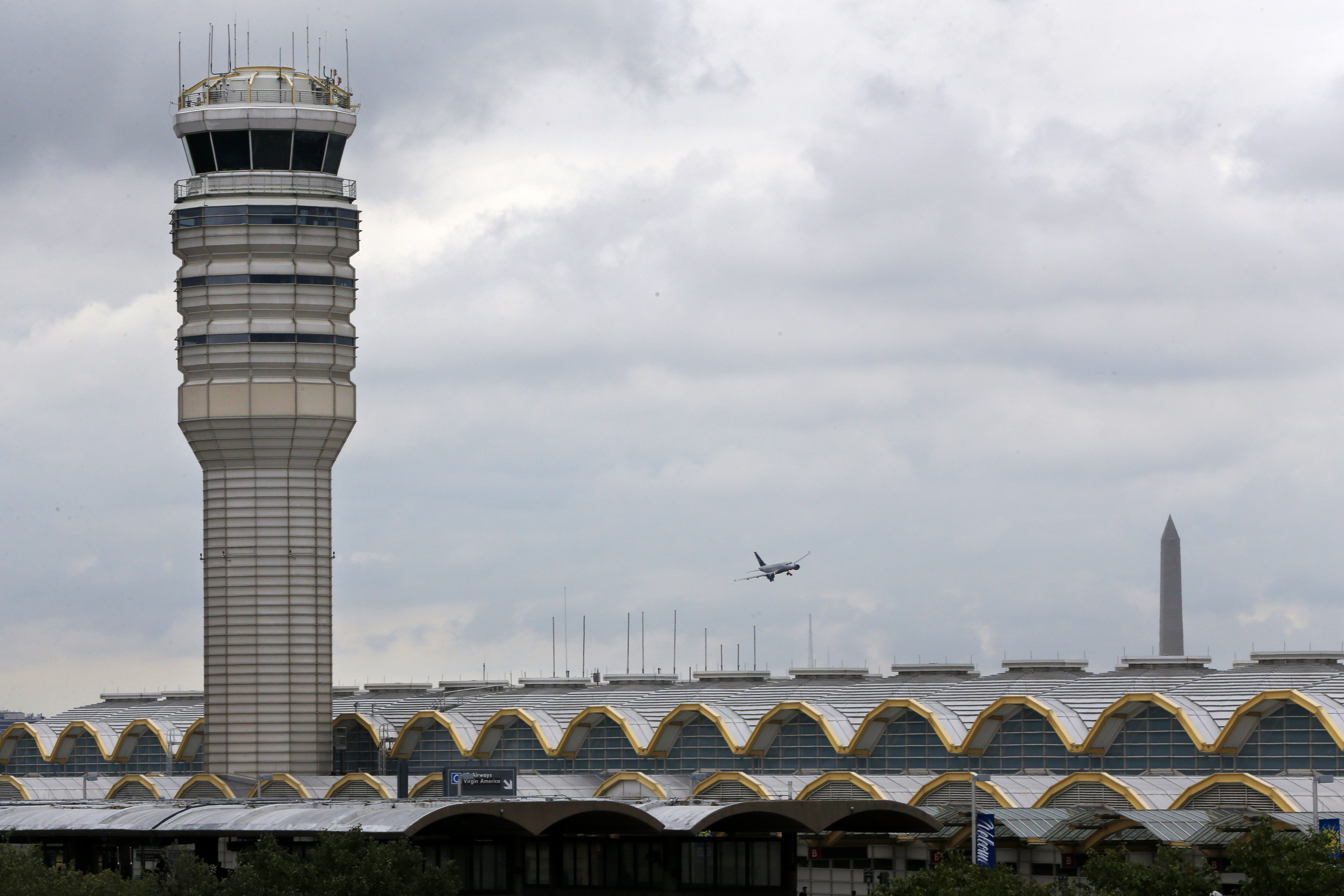WASHINGTON — The explosion of alternative transportation services — including car sharing, bike sharing and transportation network companies including Uber and Lyft — tend to benefit some users, and make it more difficult for others, according to a new report from the National Academies of Sciences, Engineering, and Medicine.
In its study, “Between Public and Private Mobility: Examining the Rise of Technology-Enabled Transportation Services,” the group says regulation of the services often varies greatly across geographic areas, and lacks consistent policies that encourage competition between new and traditional transportation, such as taxis.
The benefits of using services provided in the smartphone-based “sharing economy” are plentiful, as they “allow an increasing number of people to enjoy the mobility benefits of an automobile without owning one, and may encourage others to leave their personal vehicle at home for the day, reduce the number of vehicles in their household, or even forgo having one at all,” according to the report.
“Most of that shared mobility occurs sequentially, people might be sharing the same vehicle,” says Brian Taylor, professor of urban planning at UCLA, the chair of the NAS Transportation Research Board. “But also there’s concurrent sharing, in terms of its potential for the system, including car-share systems.”
Taylor and others discussed the report findings in a news conference.
Not surprisingly, Taylor says innovative services pose competition and challenges to traditional services.
“These are largely private-sector initiated, which can bring the disruptive quality they have to existing markets,” he says.
The study focused much of its attention on transportation network companies — TNCs, such as Uber and Lyft — because their prevalence has caused controversy.
“Most large cities with sizable street-hail markets extensively regulate taxis, while smaller cities where dispatch service is the norm tend to have lighter regulation,” according to the report. “This pattern raises public policy concerns when taxi regulation is more stringent than that of TNCs.”
The NAS study also looked at safety of the new services versus traditional modes.
“Traditionally, when you hail a cab on the street, that trip wasn’t tracked, no one knows who the passenger is, and if there’s a problem, it’s very hard to track it down,” says transportation consultant Bruce Schaller, who participated in the study. “With the TNCs, there is that sense of records being kept, and that drivers and passengers are being watched, in a sense.”
The benefits of the rapidly growing and evolving industries raise the possibility of a digital divide, according to the report.
“Individuals that are either (without a bank account), or perhaps elderly, and don’t typically operate smartphone technology,” are at a disadvantage, says Susan Shaheen, of the Transportation Sustainability Research Center, who was a member of the committee authoring the report.
Shaheen says 8 percent of U.S. households — most low-income — lack bank accounts, which usually makes them ineligible for credit cards.
In addition, 36 percent of Americans don’t own smartphones, says Shaheen.
In its recommendations, the committee said balancing the benefits of innovative mobility services and traditional services will require informed policymaking — “an approach that accomplishes public policy goals and creates a level playing field while still allowing the full spectrum of mobility services ample opportunity to innovate and compete.”







